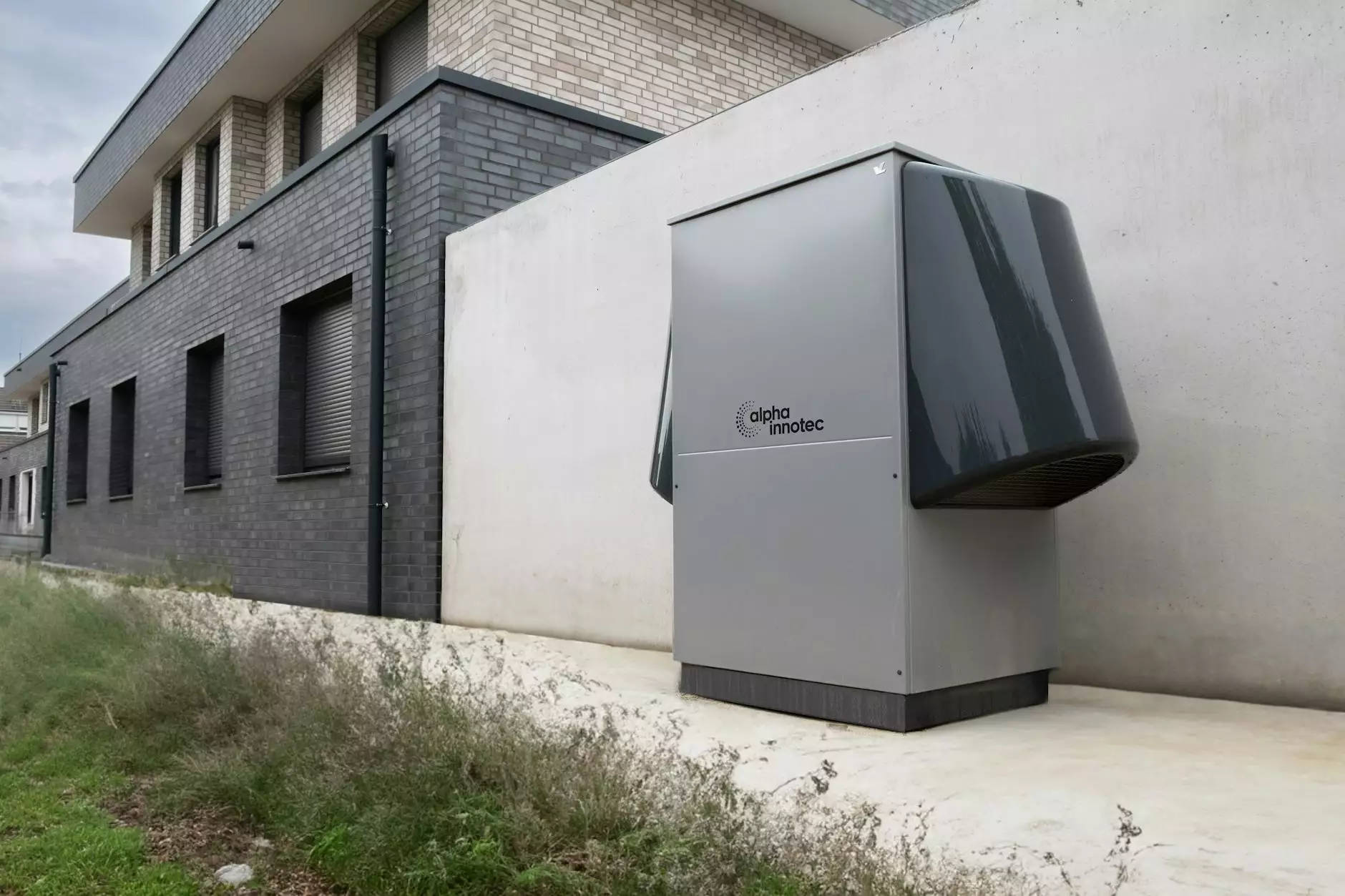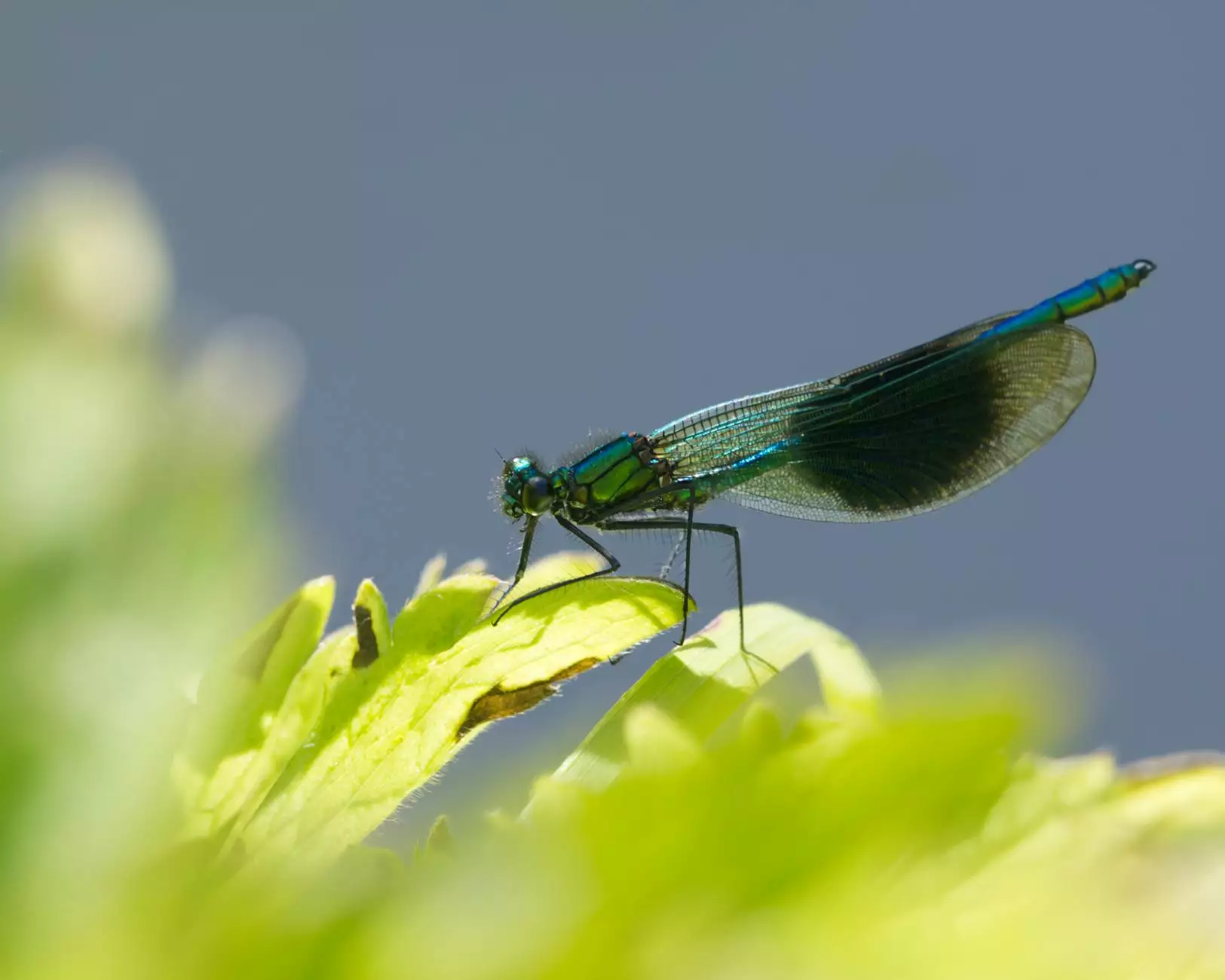The Revolutionary Impact of Agro Drones in Modern Agriculture

In recent years, the agricultural sector has witnessed an unprecedented transformation, and at the heart of this revolution lies the emergence of agro drones. These innovative aerial vehicles are not merely a novelty; they represent a profound shift in how we manage and cultivate our farms. This article delves deep into the multifaceted advantages of agro drones, exploring their technology, applications, challenges, and the future of agriculture.
Understanding Agro Drones
Agro drones are unmanned aerial vehicles (UAVs) specifically designed for agricultural applications. Unlike traditional drones used for recreational or aerial photography, agro drones are equipped with advanced sensors, cameras, and GPS technology to perform a variety of tasks that dramatically enhance farming efficiency and effectiveness.
Key Features of Agro Drones
- Precision Agriculture: Agro drones provide farmers with precise data regarding soil conditions, crop health, and moisture levels, enabling targeted interventions.
- Real-time Monitoring: Equipped with high-resolution cameras, these drones can monitor fields in real-time, giving farmers immediate insights into their crops' status.
- Automation: Many agro drones come with the capability to perform automated functions, reducing the manual labor required in traditional farming.
- Data Collection: The data gathered by agro drones can be analyzed to make informed decisions regarding irrigation, fertilization, and pest control.
The Applications of Agro Drones in Agriculture
The capabilities of agro drones are vast, leading to their application across a diverse range of agricultural practices. Here, we explore some of the most impactful applications:
1. Crop Health Monitoring
By utilizing multispectral sensors, agro drones can capture images in various wavelengths, allowing farmers to detect crop health problems, such as nutrient deficiencies or pest infestations. This early detection allows for timely intervention, potentially saving large portions of crops.
2. Soil Analysis
Before planting, understanding the soil composition is crucial. Agro drones can survey land and provide comprehensive data on soil types, pH levels, and moisture content. This data enables farmers to tailor their planting strategies according to the specific needs of each area within a field.
3. Precision Spraying
One of the most remarkable applications of agro drones is their ability to perform aerial spraying of fertilizers and pesticides. This not only maximizes efficiency but also minimizes waste and environmental impact by ensuring that products are applied only where needed.
4. Planting Seeds
Some advanced agro drones are now capable of planting seeds directly from the air, significantly reducing the time and labor involved in traditional sowing methods. This application is particularly beneficial in remote or rugged terrain, where accessibility is a challenge.
Benefits of Using Agro Drones
The adoption of agro drones offers a multitude of benefits that contribute to enhancing productivity and sustainability in agriculture. Here are some key advantages:
- Increased Efficiency: Agro drones can quickly survey large areas of farmland, significantly reducing the time and effort required compared to manual inspections.
- Cost Savings: By optimizing inputs such as water, fertilizers, and pesticides, farmers can reduce their overall costs while improving crop yields.
- Environmental Sustainability: Precision agriculture facilitated by agro drones promotes sustainable farming practices, leading to less chemical runoff and reduced carbon footprint.
- Data-Driven Decision Making: The data collected by agro drones allows for better-informed farming decisions, ultimately leading to more successful crop management.
Challenges and Considerations in Implementing Agro Drones
While the benefits of agro drones are substantial, there are challenges associated with their integration into traditional farming practices. Understanding these challenges is key to successful implementation.
1. Regulatory Compliance
The use of drones in agriculture is subject to various regulations, which can vary significantly by region. Farmers must navigate these regulations to ensure compliance, which can initially seem daunting.
2. Initial Investment Costs
Despite the potential for long-term savings, the upfront costs associated with purchasing agro drones and the required technology can be a barrier for some farmers. However, as technology advances and options become more available, these costs are expected to decrease.
3. Technical Proficiency
Farmers might require training to effectively use and maintain agro drones. This includes understanding how to interpret the data collected and integrate it into their existing farming processes.
4. Data Management
With the massive amount of data generated by agro drones, managing, storing, and analyzing this data can be overwhelming without proper systems in place.
The Future of Agro Drones in Agriculture
The future of agro drones is bright, with ongoing advancements paving the way for even greater capabilities. As technology continues to evolve, we can expect the following trends:
- Integration with AI and Machine Learning: Future agro drones will likely utilize AI and machine learning algorithms to analyze data more effectively, allowing for predictive analytics that can further enhance crop management.
- Improved Drone Specifications: Advances in battery technology and payload capacity will enable drones to operate longer and carry heavier loads, making them even more versatile in agricultural applications.
- Greater Autonomy: The development of fully autonomous drones will reduce the need for human operators, enabling round-the-clock monitoring and intervention capabilities.
- Expansion of Agricultural Services: As agro drones become more mainstream, their use will likely expand into other areas, such as livestock monitoring, land management, and even environmental conservation efforts.
Conclusion
As we stand on the brink of a new era in agriculture, the role of agro drones is undeniable. Their ability to enhance efficiency, increase yields, and promote sustainable farming practices makes them an invaluable asset for modern farmers. With the right investments in technology and knowledge, the agricultural sector can harness the power of agro drones to face the challenges of the future head-on. For those looking to explore this incredible technology, the team at a-drones.com offers a wealth of knowledge and resources. Embrace innovation, and let agro drones revolutionize your farming practices today!









